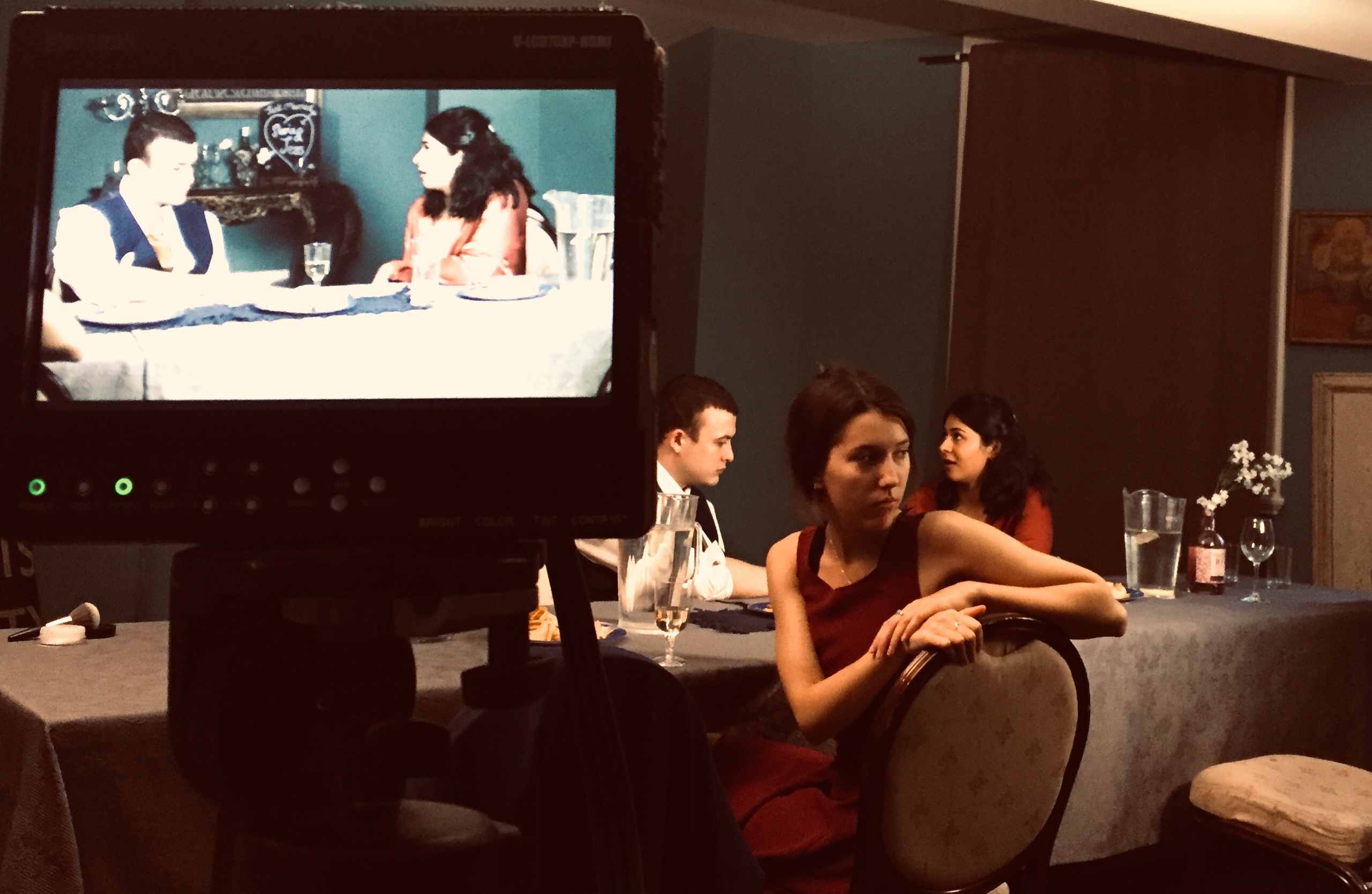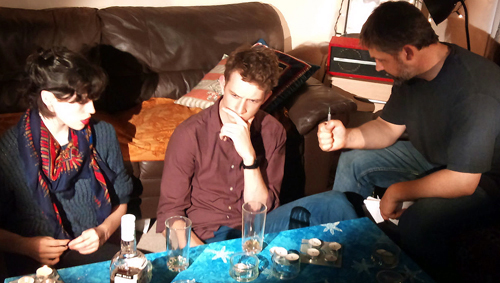Keep Digging.
“Why?” is the most important question we can ask. That’s true in life and when analysing your text. Why does this character want this? Why do they say that? Why do I want to tell this story? If you don’t have an answer, then you make assumptions and worse, you make judgments. If you don’t know the answer, keep digging into the text, scan for clues, do your research and place yourself in the character’s shoes until you can empathise and accept the choices they make.
Fuel Your Passion.
“Why ?” can also fire your passion/desire to want to tell your character’s story. I remember something I read in Augusto Boal’s book, “Games for Actors and Non-Actors”, that struck a chord. He uses Macbeth to explore a character’s “will” (Boal A, 2002:41) and to illustrate that if we can dig beneath the text to find a relatable reason for the choices the character makes, then we can fuel the passion in ourselves that fires our desire to tell their story. For example, many people, when asked “What is Macbeth’s objective?” may reply “, He wants to be king of Scotland”. Not many of us can relate to that. I mean, I have no chance of becoming king of any country. If I question this further “Why can’t I become king?” it raises more questions: “How is it that someone can just be born into privilege?” “Why don’t we all start on a level playing field with the same opportunities?” If I keep going with this line of questioning, it brings it home to relatable concepts and ideas that fuel my passion. It is more interesting for me to explore this whole concept of an individual’s right to reach their full potential regardless of their bloodline or class than to, as Augusto Boal puts it, just reduce the story “to a series of psychological battles between a number of individuals or groupings desperate for power.”
Emotional Truth.
Asking “why” your character is doing what they are doing (Identifying the character’s reason) is also a “generator of emotion” (Boal A, 2002:42). Defining a specific reason that you can picture/imagine motivates every action. I see it in class when I am working on a scene with my students; without an idea fuelling their actions, they are just left with empty words and gestures. The example that Augusto Boal uses to explain this is a boxing match. If you are playing the boxer with no idea as to why you are fighting, the conflict is “exclusively objective” (Boal A, 2002:42), but if you find the reason in the text, then you create the drama. For example, suppose the boxer is fighting to win the prize money that will pay for a lifesaving operation of a family member. In that case, each punch is fuelled by the image of that person, that family member. If you can imagine that from your own perspective employing Uta Hagen’s substitution technique, then you “strengthen(s) your faith and your sense of reality” (Hagen U, Respect for Acting, 1973:44)
There is No Easy Way to True Creation.
So in short, don’t just learn lines based on assumptions and judgements, delve down under the text to identify intention, and keep asking why it is they do what they do until you can honestly say to yourself “If I was in this set of given circumstances I would probably do the same”. If you can’t honestly say this to yourself, then keep asking why, keep looking for clues, constantly play out your choices by imagining yourself in the situation using substitutions to strengthen your connection to the given set of circumstances, and don’t generalise but find that one reason you can relate to and commit. Remember, there is no easy road to true creation

